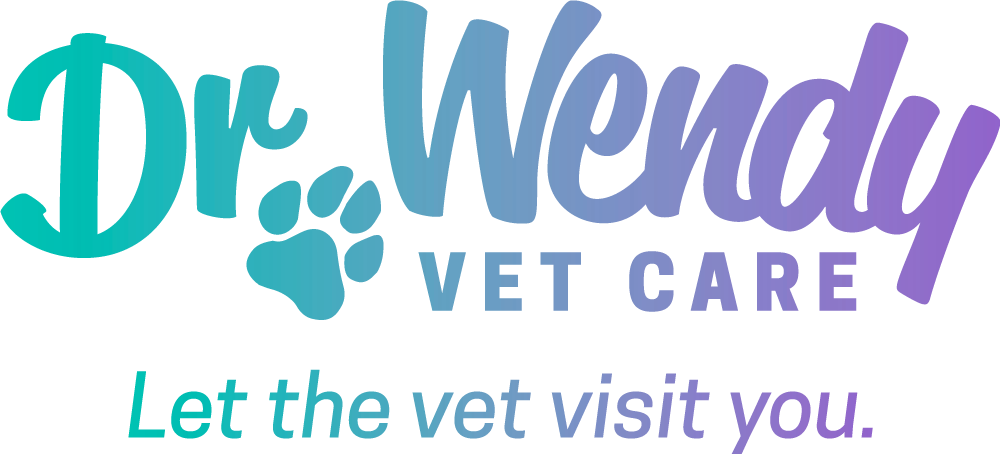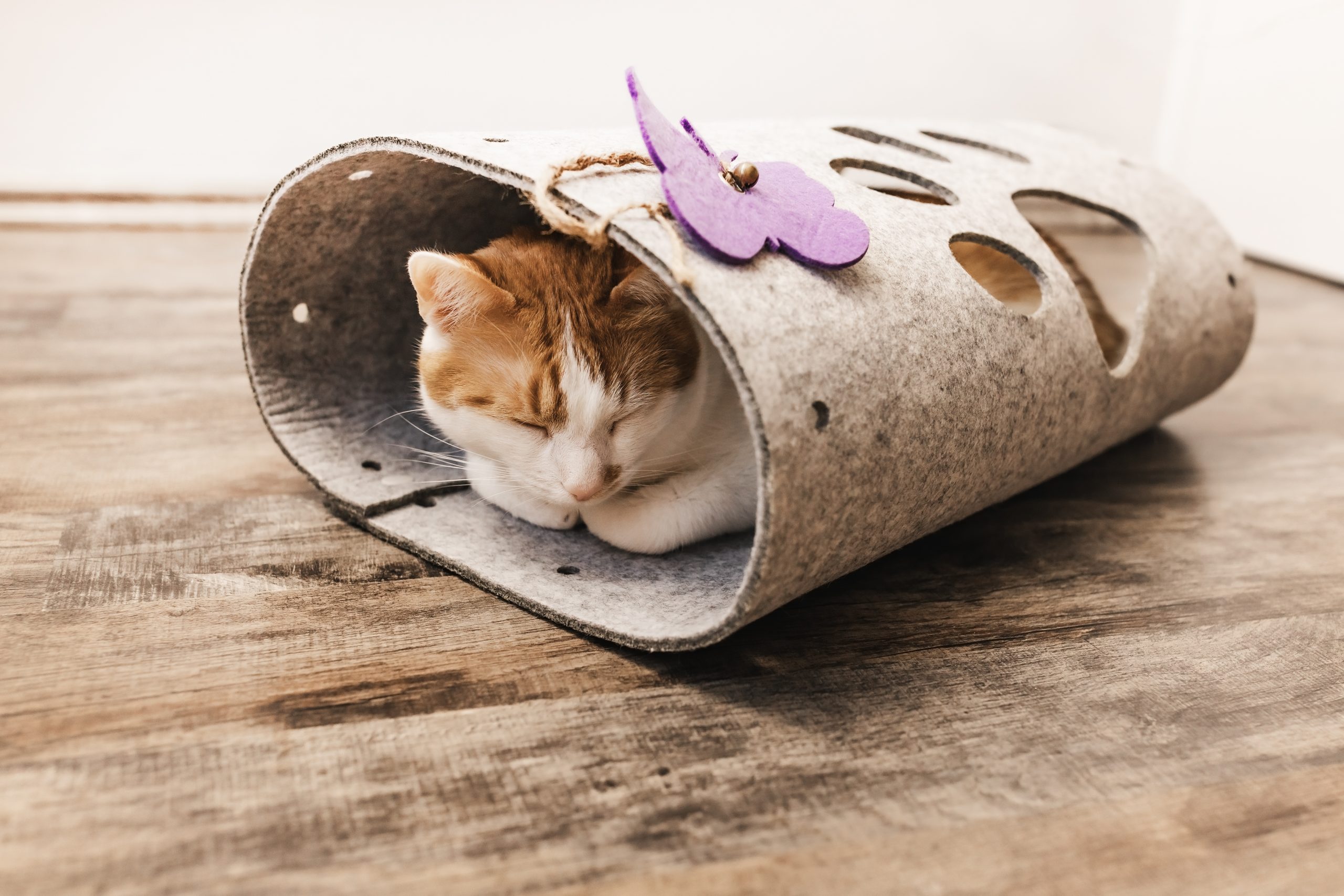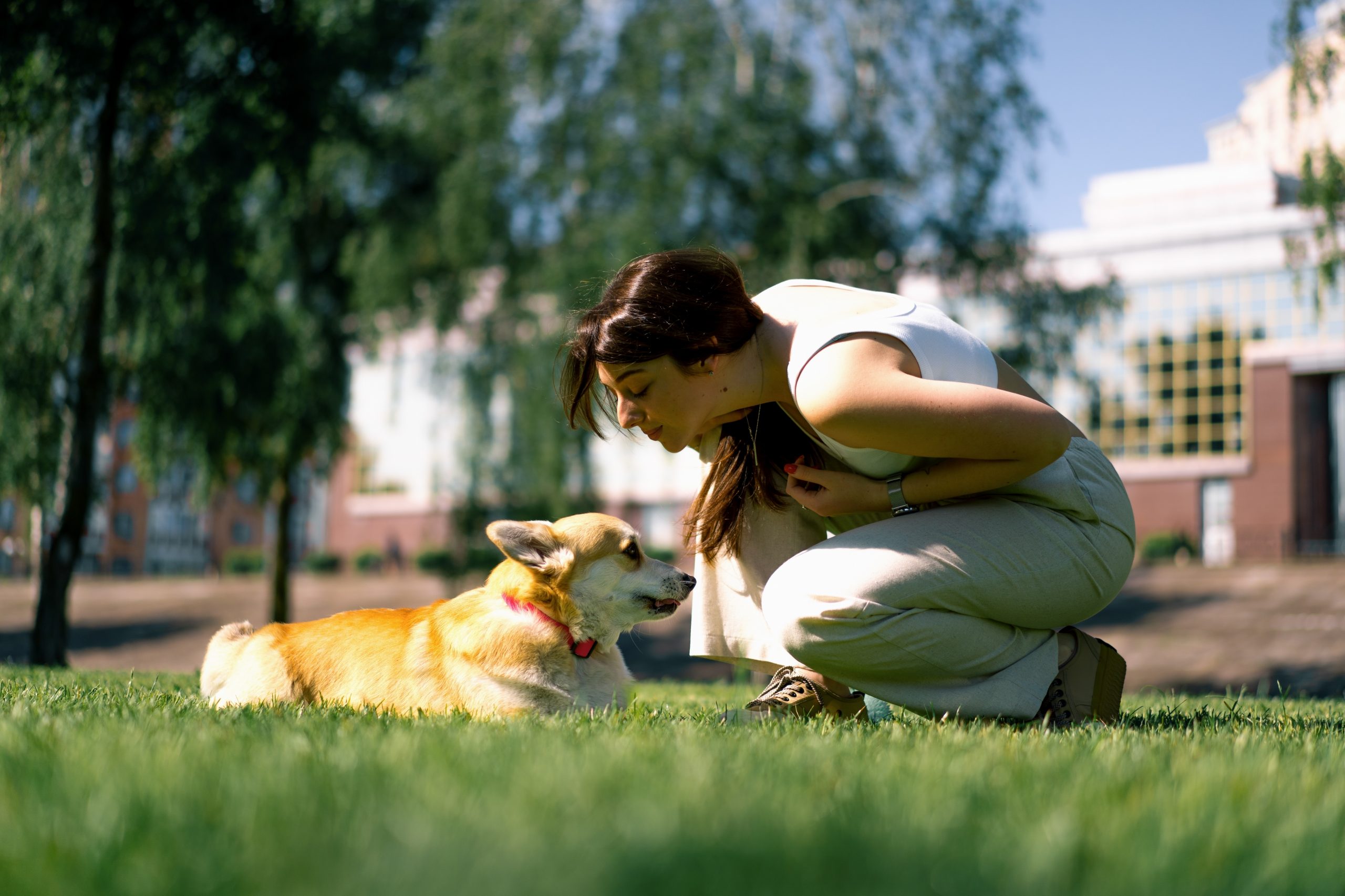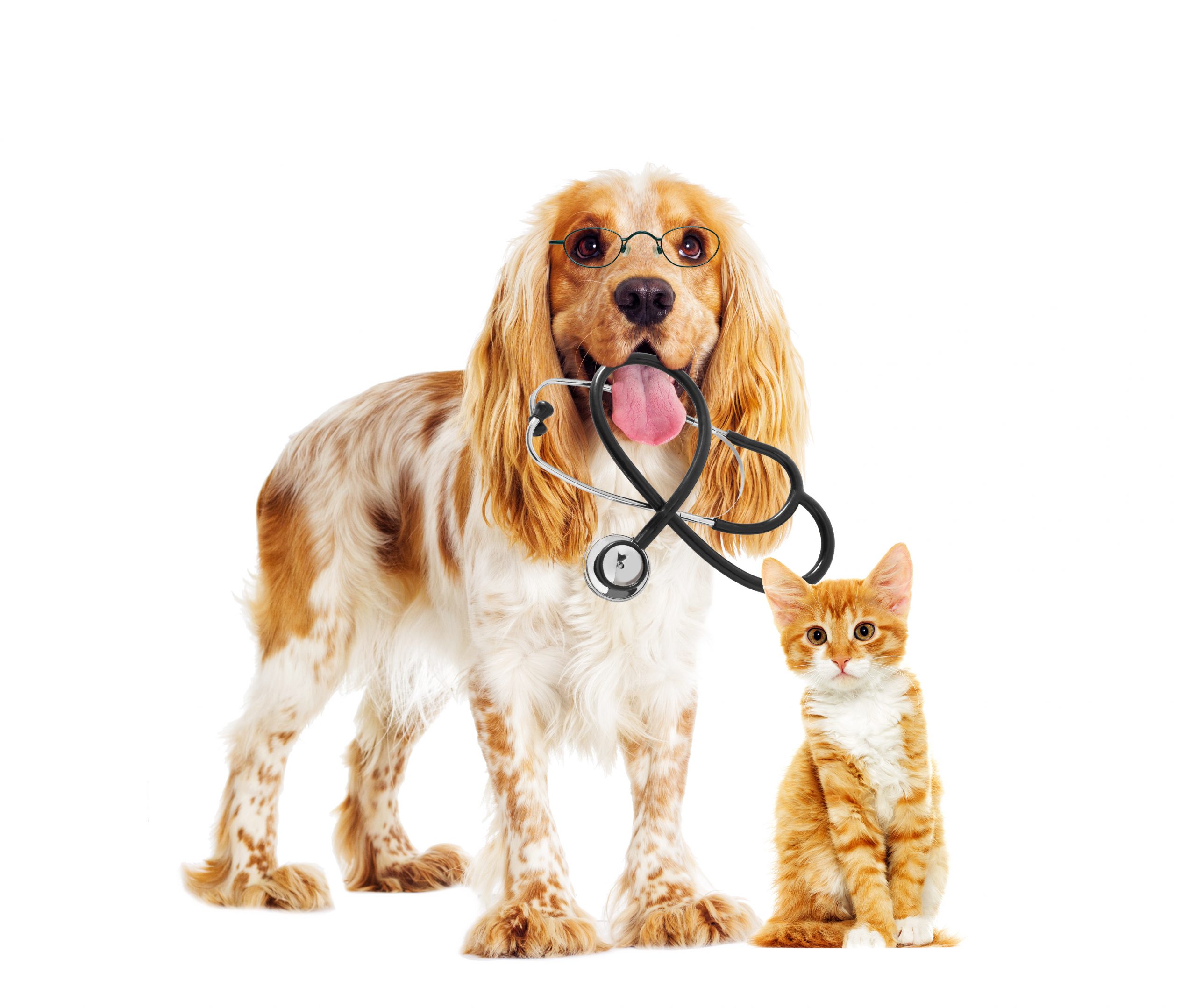Why Dental Care Matters for Pets
Dental care is not just about fresh breath. Poor oral health in dogs and cats can lead to serious problems, including infections that spread to the heart, liver, and kidneys. When we check your pet’s teeth at home, we can see early warning signs before they cause larger health issues. Many pets show subtle changes like pawing at their mouth, chewing only on one side, or avoiding hard food. By noticing these signs together during a house call, we can address problems sooner and reduce the risk of pain or long-term illness.
What We Assess During an At-Home Visit
During a house call, we look closely at your pet’s teeth, gums, and overall mouth condition. Our team checks for plaque, tartar buildup, gum redness, loose teeth, and any signs of oral pain. We also look at how your dog or cat eats and whether they show discomfort while chewing. We use simple tools to get a clear view without making your pet anxious. The goal is not only to identify current problems but also to create a plan for prevention. Since we are in your home, pets feel less stress, which makes it easier for us to do a calm and thorough check.
The Role of Daily Brushing
Brushing teeth at home may sound overwhelming, but with patience it becomes part of a routine. We encourage pet owners to start slowly with short sessions and use pet-safe toothpaste. For dogs, a soft brush or finger brush often works best. For cats, smaller brushes or gauze wrapped around a finger can be less intimidating. It helps to make brushing a positive experience by pairing it with rewards or gentle play afterward. We can demonstrate proper techniques during a visit so you feel confident about handling it on your own. Even a few times a week makes a big difference in keeping teeth healthy.
Alternatives to Brushing for Difficult Pets
Not every pet will accept brushing, no matter how patient we are. In those cases, we discuss safe alternatives such as dental wipes, oral rinses, or specially designed chews that reduce plaque. Some dry foods are made with a texture that helps clean teeth while chewing. Water additives can also support oral health when used properly. During a house call, we review which options are safe for your individual pet. Cats in particular may respond better to wipes or gel products than brushing. The key is to find something realistic for your home routine so the habit lasts.
Recognizing Early Signs of Trouble
Our visits allow us to teach families what to watch for between appointments. Common warning signs include bad breath, drooling, bleeding gums, or sudden refusal to eat dry kibble. Some pets may stop playing with toys they once loved because of oral pain. Swelling along the jaw or face can signal an infection that needs urgent attention. We explain these signs so you know when to reach out quickly. By acting early, we can often manage the issue before it requires a more complex dental procedure at a clinic.
How Stress-Free Care Helps Pets Cooperate
One of the greatest benefits of a home appointment is the relaxed setting. Pets feel safer in familiar surroundings, which allows us to examine their mouths with less resistance. Dogs who fear car rides or cats who dislike carriers are more comfortable when we come to them. With patience and calm handling, we can complete an oral checkup without the anxiety that often comes with a traditional clinic visit. This approach not only makes the process easier but also encourages owners to schedule regular checks rather than delay care.
Building a Long-Term Dental Plan
Dental care is not a one-time effort. We work with families to create a plan that fits into their lifestyle and their pet’s temperament. For some pets, brushing becomes a daily habit. For others, chews or rinses are the main approach. We may recommend a professional cleaning schedule based on age, breed, or existing conditions. Small dog breeds, for example, are prone to periodontal disease and may need closer monitoring. Cats often hide discomfort, so regular checks are especially important. With consistent effort, pets can enjoy healthier teeth and longer lives.
The Advantage of In-Home Veterinary Services
Having dental care support at home saves time and reduces stress for both pets and families. We bring the tools needed for assessment and guidance without requiring a clinic trip. For many owners, this convenience makes it easier to stay on top of dental health. Our services through mobile veterinary care extend beyond just oral health, but dentistry is an area where house calls truly shine. Pets remain comfortable, owners feel more involved, and problems are addressed before they escalate.
Tips for Starting Dental Care with Puppies and Kittens
Introducing dental habits early sets pets up for success. We advise starting with gentle handling around the mouth so puppies and kittens learn to accept touch. Short, positive experiences help them become comfortable with brushing later. Soft brushes or cloths can be used to clean baby teeth, even though those teeth will fall out. Early training makes it much easier to continue oral care into adulthood. We also guide families on choosing age-appropriate chews or treats that support healthy growth without risking tooth damage.
When Professional Cleaning Becomes Necessary
Despite the best at-home care, there are times when professional dental cleaning is needed. Tartar that hardens under the gumline cannot be removed with brushing or chews. In those cases, we discuss next steps and refer for treatment under anesthesia. Our role during a house call is to identify when that level of care is necessary and to help you prepare. By catching issues early, we can often reduce how frequently full cleanings are required. Clear communication about risks and benefits helps owners feel prepared when advanced care is needed.
Supporting Senior Pets with Oral Health
Older dogs and cats often face dental disease that has built up over years. During home visits, we take special care with seniors to assess pain and prevent further complications. Some may need softer food if chewing becomes difficult. Others benefit from gentle cleaning methods that do not cause stress. We also pay attention to related health issues that may connect with oral disease. Supporting senior pets means balancing comfort, nutrition, and realistic care strategies so they continue to enjoy daily life.
Keeping Families Involved in Dental Health
Our approach always includes teaching families how to take part in daily care. Owners are more likely to follow through when they understand why each step matters. We explain how to read labels on dental chews, how to introduce brushing gradually, and how to recognize progress. By working together, we can keep dental care simple and effective. A consistent routine also strengthens the bond between pets and their families. This shared responsibility ensures pets stay healthier and more comfortable throughout their lives.
How to Get Help When Needed
When questions come up, it helps to know where to turn. Our team makes it easy to schedule a visit, whether for routine dental checks or urgent concerns. If you want to learn more or arrange a home appointment, you can reach us directly through our contact page. Quick communication ensures your dog or cat gets the care they need without delay.
FAQ
How often should I brush my dog or cat’s teeth at home?
Aim for daily brushing if possible, but even a few times a week can reduce plaque and protect gum health.
Are dental chews enough to replace brushing?
Chews can help, but they work best when paired with brushing or other methods. They should not be the only approach.
What signs mean my pet might need dental care right away?
Look for bad breath, bleeding gums, drooling, pawing at the mouth, or changes in eating habits.
Can kittens and puppies really benefit from dental care?
Yes. Starting young helps them accept brushing and reduces the chance of serious dental disease later in life.
Is professional cleaning always done under anesthesia?
Yes. Safe anesthesia is needed to clean under the gumline and fully remove tartar. This cannot be done effectively while pets are awake.





